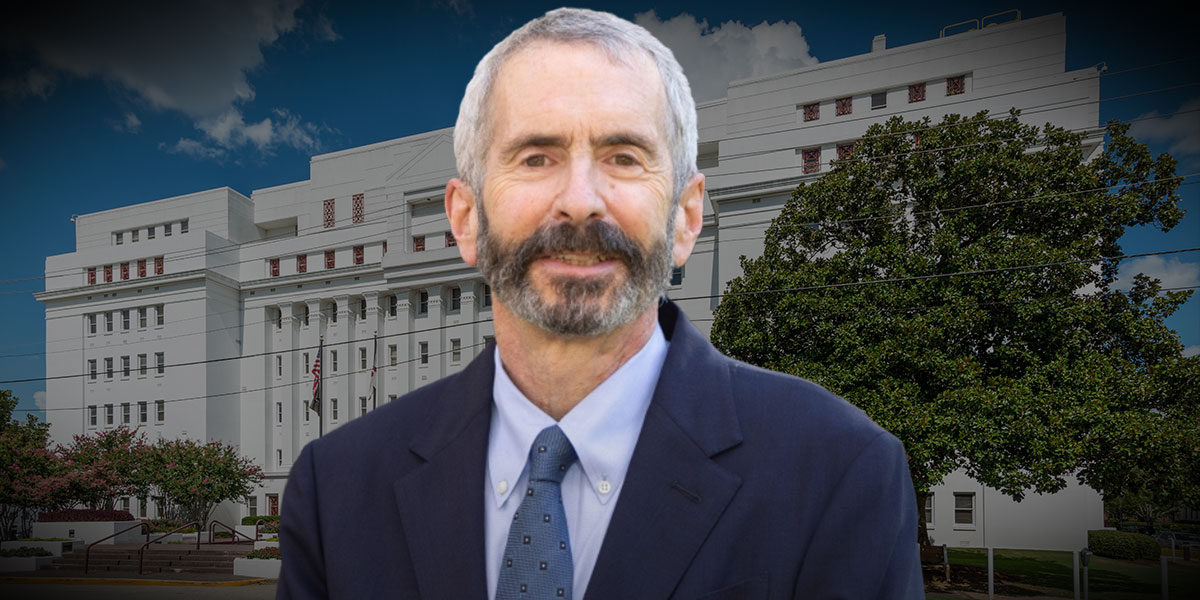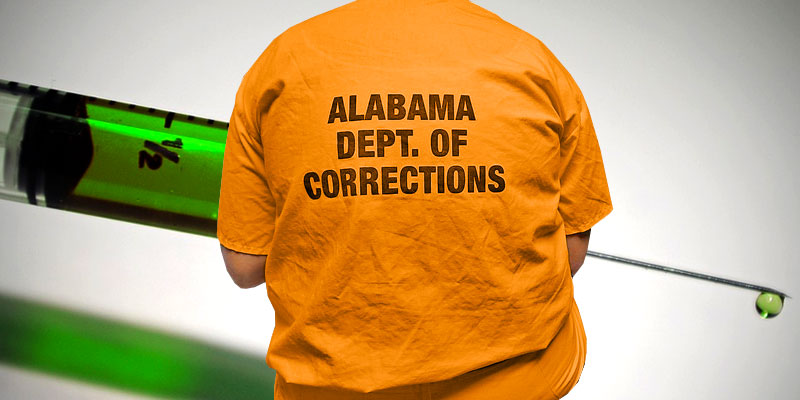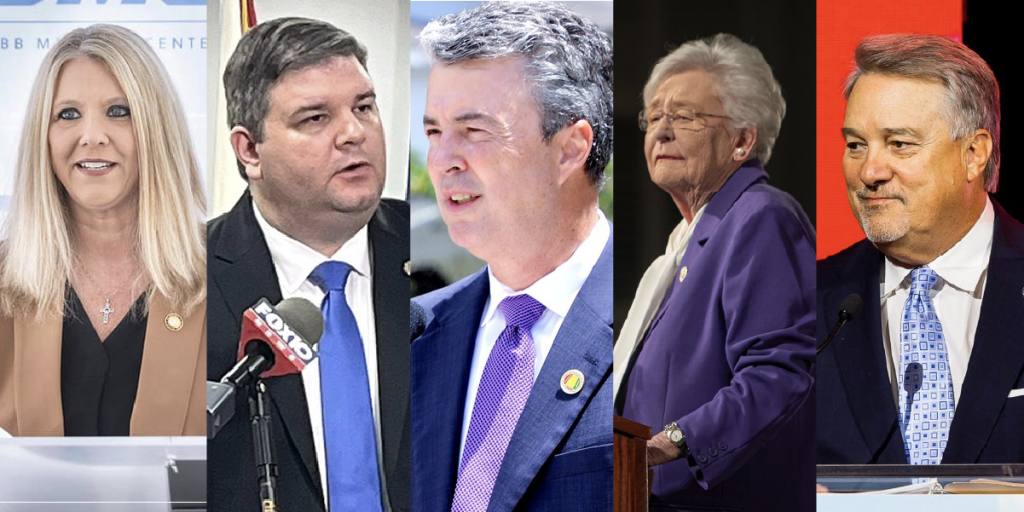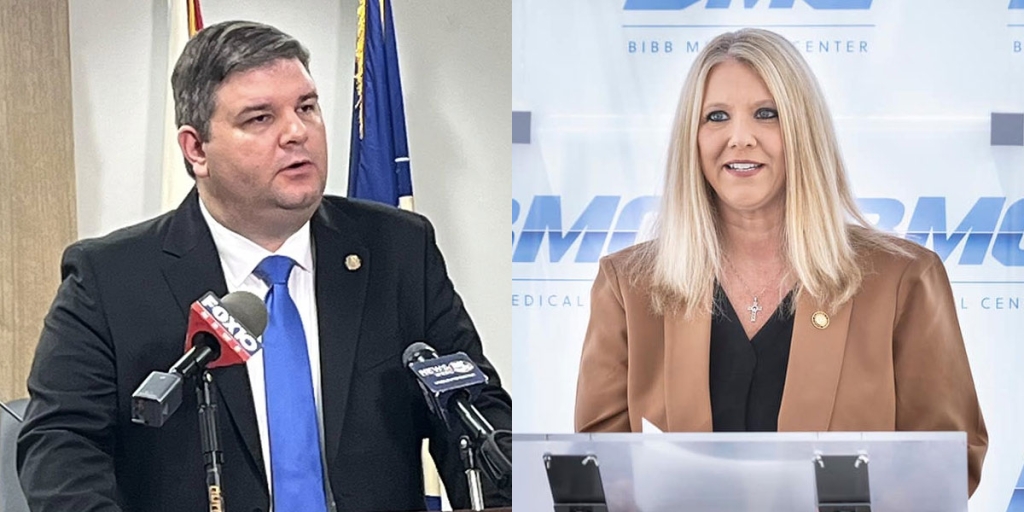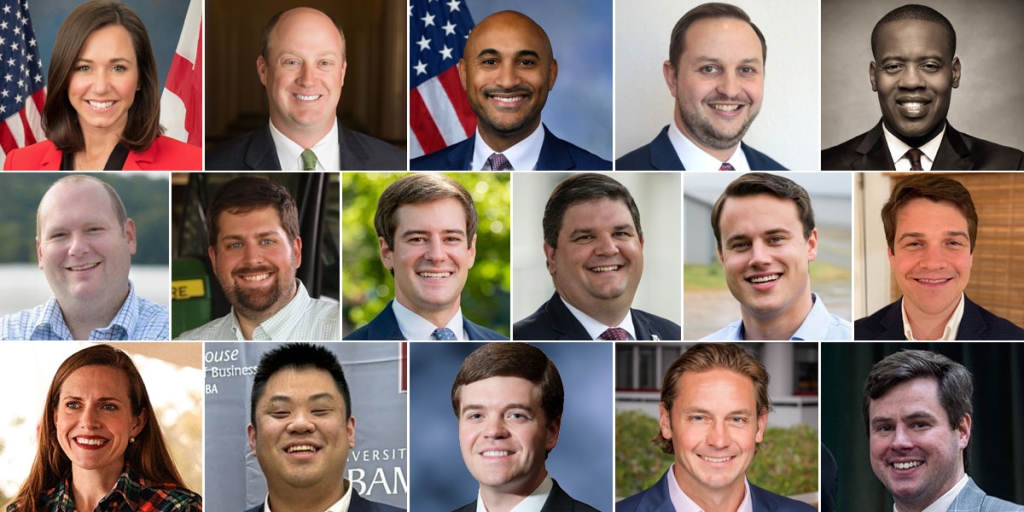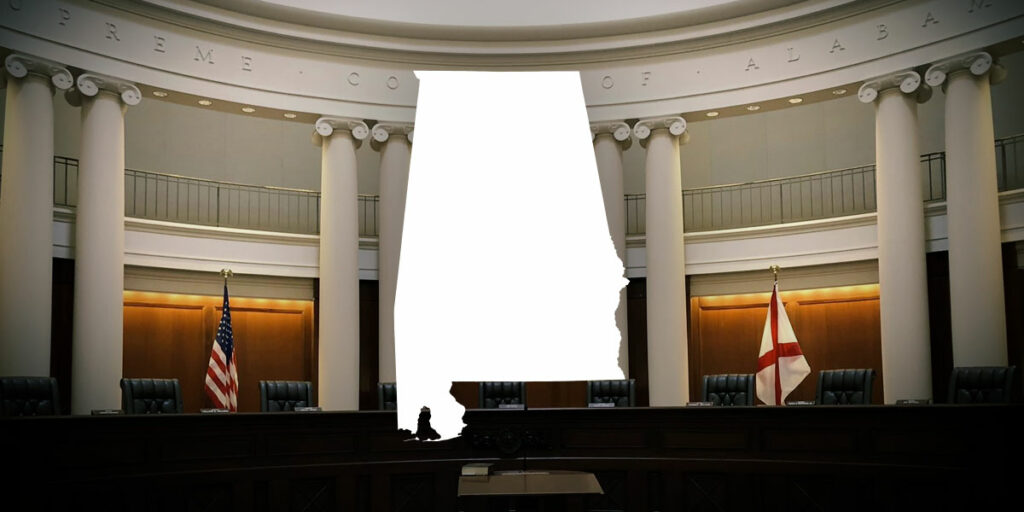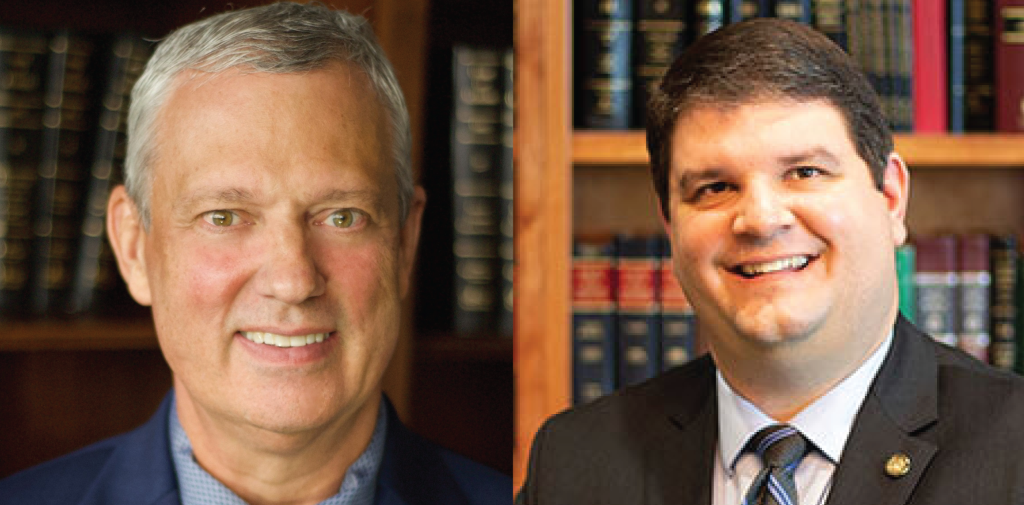Renown ethics law expert Richard Briffault addressed the Alabama House Ethics and Campaign Finance Committee this week in Montgomery.
The committee, chaired by Rep. Matt Simpson (R-Daphne) is preparing to overhaul Alabama’s 2010 ethics law that was passed by Republicans just days after the GOP took control of both Houses of the Legislature for the first time in 135 years.
Dr. Briffault is a Columbia and Harvard Law School graduate, a law professor at Columbia Law School and a senior member of an American Law Institute (ALI) effort to standardize ethics laws nationwide.
Briffault said the group is developing principles of government ethics with the purpose to “distill from existing federal, state, and local laws and regulations a basic set of principles that articulate the values that ought to shape the field of government ethics.”
RELATED: Legislature considering changes to state ethics laws
In terms of who the law covers, he said it would be, “Applicable to elected officials and their staffs, political appointees, public employees, part time public servants although the application of specific principles may vary with the nature and responsibilities of particular offices.” These standards, “Do not apply to the judicial branch of government.”
“A public servant should not solicit or accept any gift or engage in any financial transaction or financial relationship under circumstances in which a reasonable person would infer that the gift or transactions could affect the public servants enforcement of official duties,” Briffault explained. “This goes beyond bribery and does not require a quid pro quo.”
Members asked if the ban on gifts should also apply to teachers. Briffault thought that it should.
“Not every parent can afford to give a gift,” Briffault said. At issue is if the gift would influence the teacher to treat that student better than those who did not give a gift.
“Some places have a flat ban,” on gifts Briffault said. “Some places allow gifts of nominal value. They could use $50 or $20 or $10. What is nominal? A gift (with a worth) of a thousand dollars would not be nominal. A gif of $100 could be. It gets tricky with social relationships with a prohibited source. The trend has been more toward prohibition.”
Briffault explained that the ethics law should also apply to “Your spouse or your dependent child; because that would be a direct benefit to you. The question is non-dependent children.”
“Public officials are people too,” Briffault cautioned. “We want to have good rules; but we don’t want to have rules that are too restrictive so much so that they drive people out of public office.”
Public officials should not be in position to benefit financially from an area that they oversee, he says. “A public servant shall not participate substantially in a particular matter that he or she knows or reasonably should know is likely to have a direct benefit in,” Briffault said.
“If you are secretary of defense you should not buy stock in a defense company. If you are a bank examiner, you should not buy stock in individual banks.”
Rep. Simpson is leading the charge, which is expected to become a focal priority of state lawmakers when they return to Montgomery.
“I suspect that the next time we meet we will have a working draft,” Simpson said.
Members of the committee will have an opportunity to review the bill and suggest changes before it is filed as a bill.
“I want you to have an opportunity to vet the bill,” Simpson said. “If there is a problem with a bill I don’t want to find that out on the floor (of the house) and there have to be substitute bills drafted. The bill we file won’t go into effect until sine dies in 2025 so that if there is a problem we have another session to work with it.”
To connect with the author of this story or to comment, email [email protected]




